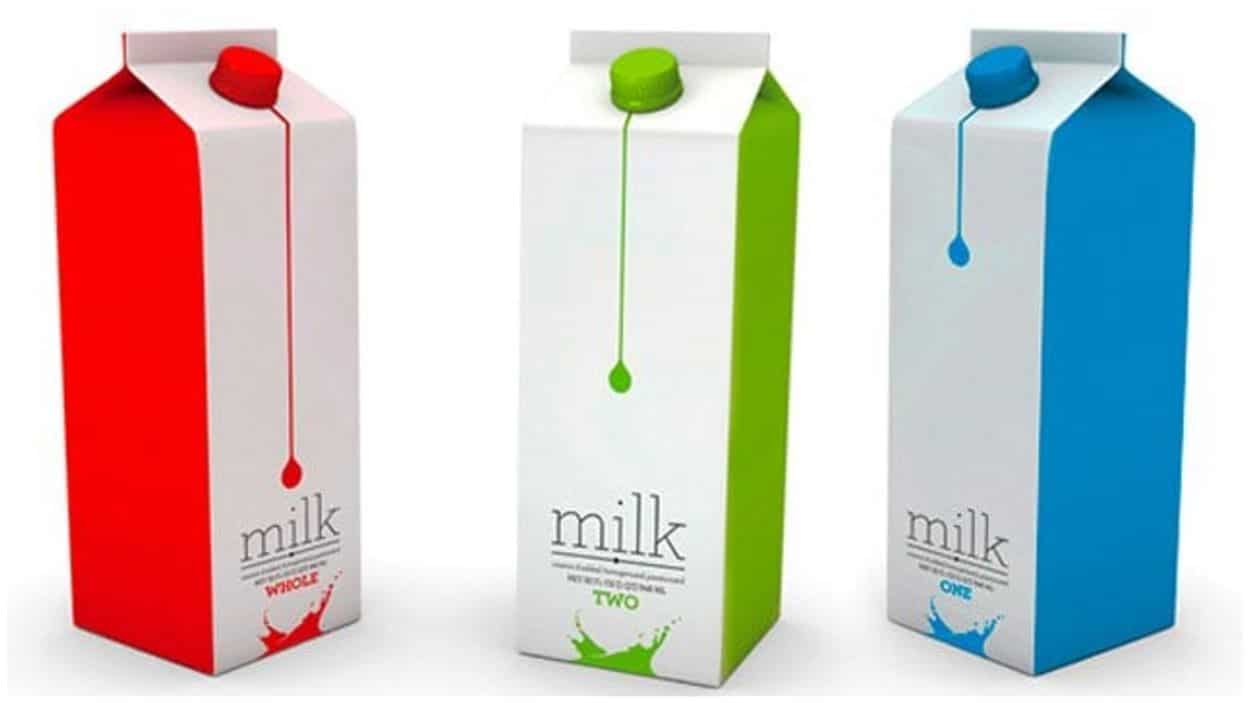The soaring cost of living in Pakistan makes daily life increasingly challenging for its citizens. Packaged milk, in particular, has become prohibitively expensive, now ranking as the most costly in the world.
The imposition of taxes has driven the price of packaged milk by 25%. It is a tragedy that in a country with significant poverty, milk is more expensive than in some of the wealthiest nations. Packaged milk costs more in Pakistan than in France, Australia, and the Netherlands, reaching 370 PKR per litre, following an 18% tax increase in the latest budget.
According to Bloomberg, the price of one litre of milk is 310 PKR in Australia and 340 PKR in Paris. In the Netherlands, milk is cheaper by 4 cents; in Australia, it is 26 cents. In India, packaged milk costs only 78 cents, while in Bangladesh, it is priced at 1 dollar and 2 cents.
The report highlights that packaged milk is not taxed in the USA, Australia, India, and Bangladesh.
Economic Impact and Government Policies
Due to stringent financial conditions imposed by the IMF, the Pakistani government has levied taxes on nearly all goods and services. Economists predict that these direct and indirect taxes will lead to a significant increase in inflation. Reports indicate that high inflation is causing severe mental stress among the lower and middle classes, with the prices of essentials such as electricity, gas, and food items now beyond the purchasing power of many.
In the 2024 budget, the federal government imposed additional taxes totalling 3.8 trillion PKR, the highest in the country’s history. Taxes have been levied on various items, from flour to milk, books, and stationery. According to the Pakistan Bureau of Statistics’ weekly report, inflation has been steadily increasing since the new budget was implemented.
Health Implications and Nutritional Crisis
Bloomberg’s report reveals that over 60% of children in Pakistan suffer from anaemia. The rising price of milk is putting the lives of these children at risk. According to the World Health Organization, 4 out of 10 children in Pakistan suffer from malnutrition.
The National Nutrition Survey indicates that more than one-third of children in the country suffer from food insecurity, with nearly 29% underweight and over 17% stunted. The majority of these children are from Sindh and Balochistan. Experts warn that excessive taxes and extreme inflation have deprived children of their right to drink milk, exacerbating the country’s nutritional crisis.






